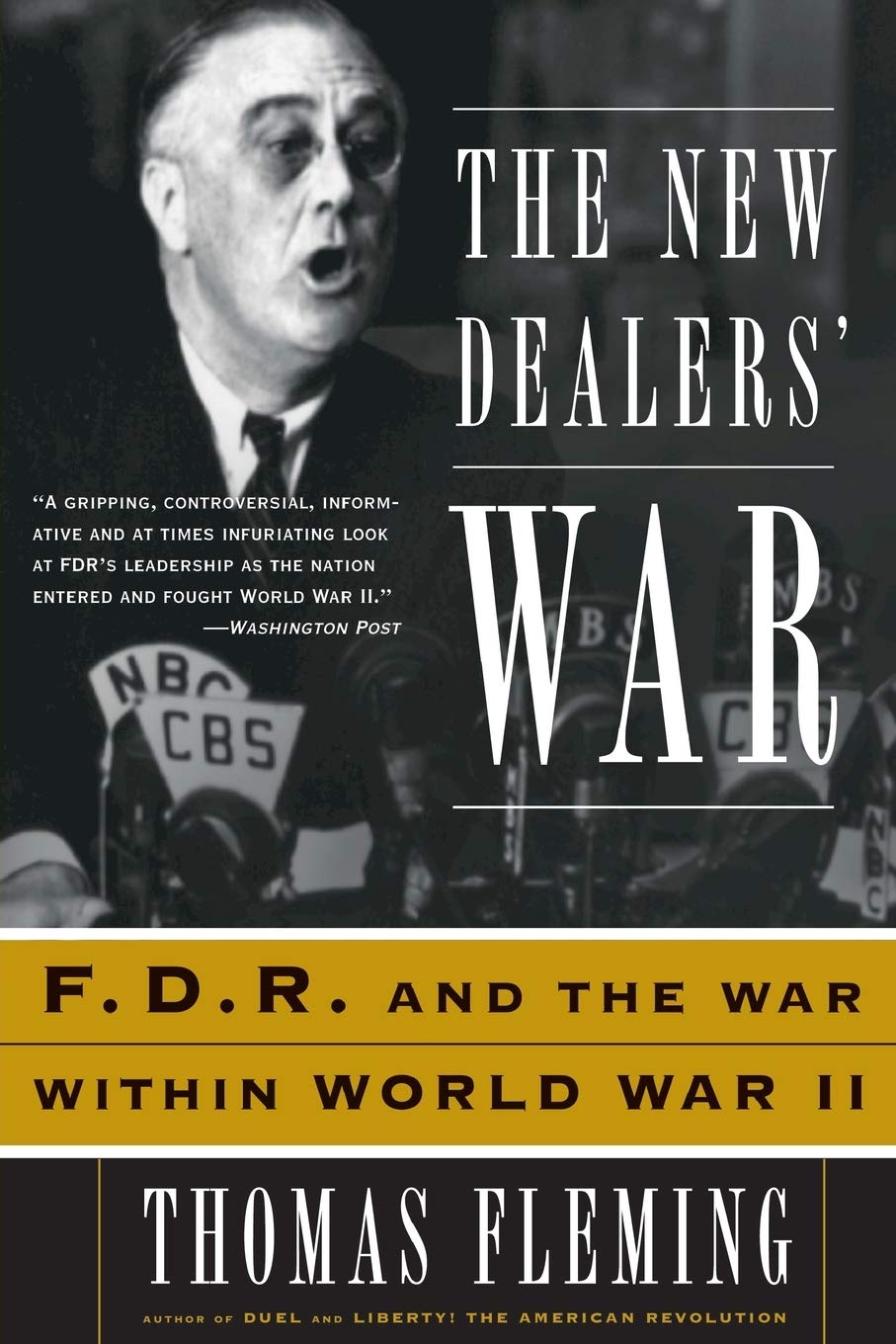| Many readers ask us ‘what is civil society and why do you go on about it so much’? Civil society comprises the relationships and activities that make up our life at grass-roots levels of society, in families, communities and voluntary associations, independent of both government and the commercial world. It comprises eight key segments: Family, kinship and friendship networks Household or domestic economies Neighbourhoods and informal social supports Voluntary associations, self-help and support groups NGOs and charities Social enterprises, cooperatives and mutuals Family farms, family enterprises, small businesses Religion, faith and spirituality These diverse social forms have three features in common: Relational – they are defined by relationships Associational – they are shaped by formal or informal bonds Voluntary – they are formed without compulsion The term ‘civil society’ does not refer to ‘politeness’ or ‘civility’ in public life, as important as this is. It refers to that part of society that is not part of the state, hence the term ‘civilian’ when used to distinguish a person in civil society from military personnel or state officials, or a civil offence in law which is an offence between persons in civil society rather than a criminal matter. Civil society is made up of the things we do as civilians, freely and voluntarily, outside the state and the market. For two reasons, civil society has been steadily marginalised over the last century. As both states and markets have expanded, they have intruded upon the relationships and activities of civil society – sometimes colonising them, sometimes corroding them. At the same time, the ideologies of Left and Right have increasingly emptied themselves of any recognition or conceptual acknowledgement of the existence of civil society. The result of these two simultaneous processes has been a squeezing of civil society from two sides – from states and markets, and from Left and Right. Why is the conceptual recognition of civil society important? Because without it, we can’t see past the commodification of life wrought by market transactions, nor its depersonalisation by state bureaucracies. Without it, we get a distorted, dehumanised understanding of life, in which we are at the mercy of two relentlessly hostile invading forces – with no boundaries and no protection. Conservatism, historically and in the 21st century, is best understood as a political movement to curb the impact on civil society of these two hostile invading forces. www.conservativeparty.org.au/charter/ Send your comments to [email protected] | ||
It is edited by Vern Hughes. Subscribe: www.conservativeparty.org.au/subscription/ | ||
Puns are truly the lowest form of comedy. Satire is just too hard these days and sarcasm doesn’t work on…

What you call “civil society” is what I call courtesy.
Pat
Primitive. aboriginal culture satisfies none of these criteria, so why is it so extolled in Australian society?
The churches belong in the realm of civil society, but in recent years they have made the crucial mistake of becoming a de facto arm of government in the provision of education and social services, induced into doing so by the amount of money on offer.
Consequently, they are discovering the truth of the old saying, “If you’re going to sup with the devil, best take a long spoon.”*
* Calvary Hospital in Canberra in the first instance.
These things still exist. The problem as I see it. Is conservatives or ‘right thinking’ have voluntarily vacated those spaces and more content bitching about it online. Nothing is stopping you from joining and creating changes within.
You’ll find that the more institutionalised the pillars of civil society are – the NGOS, charities & churches – the more likely they’ve been colonised by progressives who see nothing wrong with being an arm of the state.
In such instances conservatives would be better off staring afresh rather than wasting energy.
When Roger Scruton was asked by a young person what her cohort could do to promote conservatism, he responded, “Get married, have children and start a small business.”
Footy is a great example of a civil society institution hollowed our from both ends.
The moment it went AFL it was doomed to become a vehicle for thousands of grifters and pollies to lampray themselves to it .